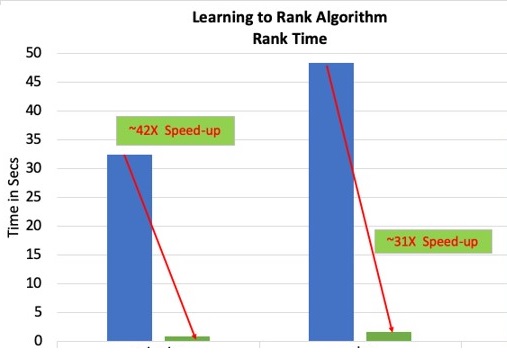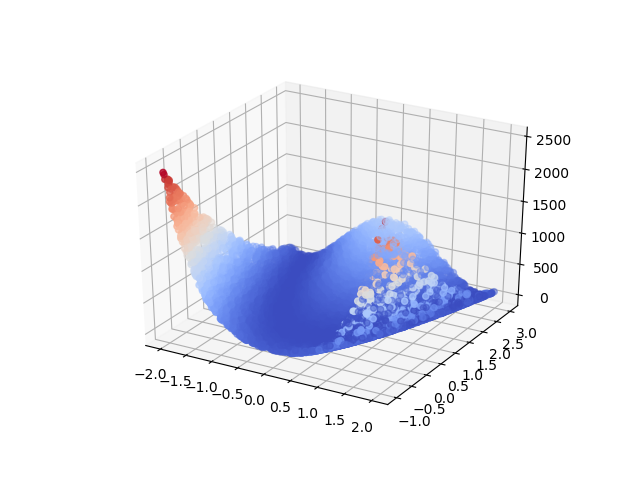
XGBoost is a widely used machine learning library, which uses gradient boosting techniques to incrementally build a better model during the training phase by combining multiple weak models. Weak models are generated by computing the gradient descent using an objective function. The model thus built is then used for prediction in a future inference phase. Learning To Rank (LETOR) is one such��
]]>
This blog dives into a theoretical machine learning concept called the bias variance decomposition. This decomposition is a method which examines the expected generalization error for a given learning algorithm and a given data source. This helps us understand questions like: Generalization concerns overfitting, or the ability of a model learned on training data to provide effective��
]]>
Machine Learning techniques are widely used today for many different tasks. Different types of data require different methods. Yandex relies on Gradient Boosting to power many of our market-leading products and services including search, music streaming, ride-hailing, self-driving cars, weather prediction, machine translation, and our intelligent assistant among others.
]]>
Gradient boosting is a powerful machine learning algorithm used to achieve state-of-the-art accuracy on a variety of tasks such as regression, classification and ranking. It has achieved notice in machine learning competitions in recent years by ��winning practically every competition in the structured data category��. If you don��t use deep neural networks for your problem, there is a good chance��
]]>